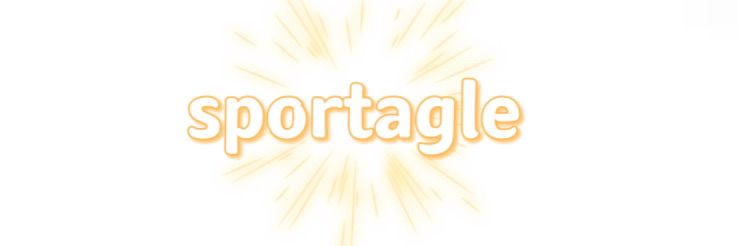Flame-Retardant Woven Cloth Exporter vs. Traditional Fabric Suppliers: Key Differences
When it comes to sourcing fabrics, businesses often face the choice between flame-retardant woven cloth exporters and traditional fabric suppliers. Understanding the key differences between these two types of providers is essential for making informed purchasing decisions. We gathered insights from several industry experts to clarify these differences and provide a comprehensive look at the implications for businesses.
Quality Control Standards
According to Dr. Emily Thompson, a textile technology specialist, "Flame-retardant woven cloth exporters must adhere to stringent safety regulations and quality control standards. This is especially crucial in industries such as construction, transportation, and hospitality." Traditional fabric suppliers, while they might offer a variety of fabrics, often do not meet these specialized standards, which can lead to safety risks.
Material Specialization
Mark Jenkins, an expert in fire protection materials, stated, "Flame-retardant fabrics are typically constructed from specific materials optimized for fire resistance. This ensures that the fabric not only complies with safety standards but also maintains functionality under extreme conditions." In contrast, traditional fabric suppliers may not specialize in such materials, leading to products without the necessary protective qualities.
Market Understanding
Anna Rodriguez, a market analyst, highlighted the importance of understanding market needs: "Flame-retardant woven cloth exporters are usually well-versed in the industries they serve. They understand the specific requirements for flame resistance and can tailor products accordingly." Traditional suppliers might not have this level of industry insight, which could hinder their ability to meet client specifications efficiently.
Customization and Flexibility
John Lee, a representatives from a flame-retardant textiles firm, emphasized, "One of the major advantages of working with flame-retardant exporters is their ability to customize fabrics for specific applications. This customization often includes treatments that enhance durability and flame resistance." Traditional suppliers may have limited options, as their offerings are often mass-produced with less scope for tailored solutions.
Additional reading:How to Choose the Best Microfiber Mop Cloth?
Why Terry Chenille is Best for Cozy Home Decor in 2023
Cost Considerations
However, pricing can be a concern. Sarah Nguyen, a procurement officer, pointed out that "traditional fabric suppliers often provide more competitive pricing due to their broader product range and economies of scale." While flame-retardant fabrics may come at a premium due to their specialized nature, investing in quality materials that ensure safety can mitigate long-term costs associated with accidents and regulatory compliance.
Supplier Relationships
Building strong supplier relationships is another crucial aspect. "Many businesses find that flame-retardant woven cloth exporters are more involved in the ongoing service and support they provide," noted Paul Martinez, a supply chain manager. "This can lead to better product knowledge and enhanced collaboration over time, which is beneficial for companies focused on innovation and quality."
Conclusion
In conclusion, the choice between working with a flame-retardant woven cloth exporter and a traditional fabric supplier hinges on several factors, including quality standards, material specialization, market knowledge, customization capabilities, cost, and supplier relationships. Businesses must weigh these considerations carefully to choose the right partner for their fabric needs, particularly if safety is a priority.
The company is the world’s best Flame-Retardant Woven Cloth Exporter, Fire-Resistant Woven Textiles Supplier, Fire-Resistant Woven Textiles Manufacturing supplier. We are your one-stop shop for all needs. Our staff are highly-specialized and will help you find the product you need.

